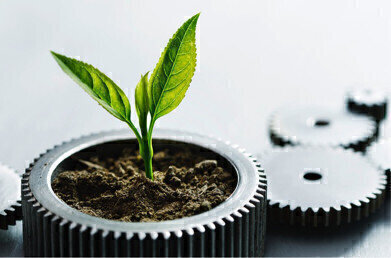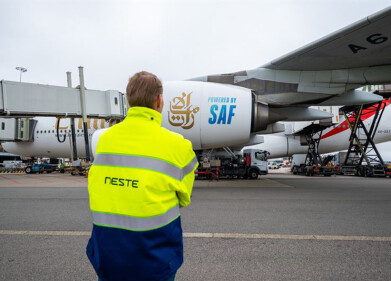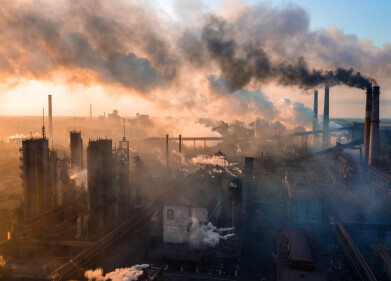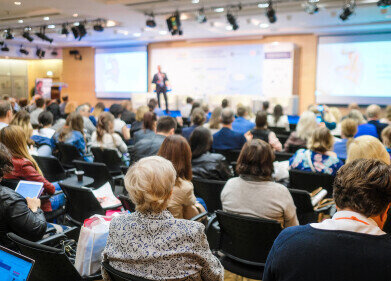Fuel for Thought
Closing the Circle
Jun 21 2021
Lines and circles. In the world of geometry, they’re straightforward, easily understood concepts.
Considered metaphorically, however, in the context of the relationship between the environment and the global economy, they point to a stark dichotomy: the linear take-make-waste model versus the more holistic approach often referred to as “the circular economy.”
The Ellen MacArthur Foundation describes the circular economy as the decoupling of economic activity from the consumption of finite resources. This approach is underpinned by a transition to renewable energy and materials, and it is based on three principles: designing out waste and pollution, keeping products and materials in use, and regenerating natural systems.
Efforts to nudge the massive world economy in the direction of greater sustainability — to convert that straight line into a circle — take many forms. This includes the environmental impact of two types of products vital to the transportation sector: marine lubricants and jet fuel. Others seek to develop standards that can be used to compare the relative sustainability of various biobased feedstocks and other products.
ASTM International supports work in all three of these areas with the committees on petroleum products, liquid fuels, and lubricants (D02); ships and marine technology (F25); and bioenergy and industrial chemicals from biomass (E48).
Digital Edition
PIN 25.1 Feb/March
March 2024
In This Edition Safety - The technology behind the ION Science Tiger XT - Safety with ammonia and LOHCs as hydrogen carriers Analytical Instrumentation - Discussion on new tribology te...
View all digital editions
Events
Apr 22 2024 Hannover, Germany
Apr 22 2024 Marrakech, Morroco
Apr 22 2024 Muscat, Oman
Apr 22 2024 Rotterdam, Netherlands
Apr 23 2024 Singapore


















